
Tim Scannell
- Sign language teacher
- Professional Support
I was born profoundly deaf due to my Mother contracting German Measles whilst pregnant. Doctors advised my mother to focus on getting me to hear and speak, and not to learn sign language.
I went to a primary school that focused on teaching me to speak; as a result, my education suffered. Due to my deafness, I was sent away to boarding school (the taxi driver there was 3 hours). The lack of specialist schools meant I had to travel far. At that time technology was limited, there was no way to contact my family using a minicom (textphone) through a telephone landline. These were often broken at my school and my parents bought new ones for the school. Messages from my family had to be passed on to me via a member of staff.
At the age of 14, I had saved up enough pocket money to pay for a flight to California. I attended a deaf camp in Wrightwood and Pinecrest Pines. I loved it so much that I returned every year for 6 years and was privileged enough to end up working there in a leadership/management role.
Around 1995 I remember possessing my first useful bit of communication technology – a pager. When people wanted to contact me, they could leave a message and the pager would vibrate to let me know.
Throughout my education, I was not taught sign language I was told off if I used British Sign Language with my friends. At the age of 16, I attended Derby College for Deaf People.
Learning BSL at college and making new friends gave me back a sense of the independence that I had lost over the years of having to rely on others.
This was very different as British Sign Language was our first language. Here I was able to achieve my potential in Studies and went to university to study BSc (Hons) in Multimedia System Design.
When I attended University to study Computer Science (Multimedia Systems Design), I was exposed to the lack of adequate support for deaf students. Sometimes I had to attend lectures with no interpreter or note-taker. Often lecturers would not give me written material in advance, so I could go through the English with support. I felt I had to work harder than most students to first understand English before I could even attempt to learn the subject matter. Simple issues such as subtitles for video content were not provided which meant I missed out on a lot of information.
Having acquired a new language, opportunities arose for me both academically and socially. I was able to enjoy roles such as becoming a committee member for a local Sports and Deaf Centre, and I was involved in setting up the first-ever Deaf United in Derbyshire F.A. football team.
After graduating from university I continued to travel; I have a few stories to tell including saving a drowning girl in California, I discovered a passion for travel and over the years went on to visit many countries including Jordan where I stayed for over a year. In Jordan, I volunteered to teach deaf children at a local school. One of my most memorable experiences was when I was almost kidnapped by a local taxi driver! Fortunately, I ended up at the British Embassy where I lived to ‘tell the tale’!
As a deaf child and young adult, any medical appointments were attended along with a family member for communication purposes. Medical staff always directed conversations at my family members. I would continually ask ‘What are you talking about?’, but still struggled to understand their response as lipreading was difficult; I lost most of the meaning and content of the conversation. These situations always left me feeling frustrated.
It is only this last year that the NHS introduced the NHS Information Accessible Standard. Now when I have a medical appointment I can access a BSL interpreter which is fantastic. However, there is still ongoing tension over the prices interpreters charge, and concerns that interpreters will still charge 3 hours’ work for a 10-minute appointment.
When it was time to hit the road, a family member had to teach me to drive. The theory part was tough as reading the manual was incredibly tough; it was over 300 pages and in English, my second language, so took me a lot longer to study.
Travelling at airports and railways always posed a problem, but it still does today. I can’t access announcements and have to fix my eyes on the screens for live updates on departure and arrival information. Safety instructions aboard aeroplanes are paramount and I never had a clue what was going on which was disconcerting, to say the least.
Once, I informed British Airlines of my disability in advance, hoping to resolve any communication problems with the safety demonstrations. They responded by handing me a portable DVD player to watch a video on arrival at the airport, but it didn’t even have subtitles!
As a married family man communication still poses a problem in some areas. The school run can be isolating as I watch all the parents chatting in the playground. No one approaches me as they are too nervous or just simply do not know how to communicate with me. I find extended family gatherings incredibly difficult.
People are talking very quickly to one another around the dinner table and it’s nearly impossible to lipread, especially when there is more than one conversation happening at the same time! They cannot sign so find it difficult to talk to me, and even when they do, I don’t understand what they are saying, and I find myself nodding in agreement which makes me feel embarrassed.
All the household bills are in my wife’s name solely due to companies not offering a way for me to communicate with them other than over the telephone. I once tried to cancel a mobile phone contract over the phone, but they refused as they ‘didn’t understand my voice’. I had to write a letter instead; this process took over 3 weeks before I was able to cancel my contract! I did have a car accident and a family member had to act for me.
My experience in the workplace is not much better. I once contacted a company that I wanted to work for about possible employment. They were very enthusiastic about me visiting the company to see what role they could potentially offer me that would suit my qualifications and experience. After many conversations through email, I informed them that I would need an interpreter and that I was profoundly deaf. The tone of the conversation changed, and eventually, they stopped responding to my emails.
I tend to look for jobs where my deafness is not an issue or is possibly an advantage, although this can still be an issue due to my limited English skills. This has forced me into a specific line of work and limited my job opportunities vastly.
I have a passion for technology and have been fortunate enough to work in this industry for many years. I spend a lot of time researching the latest gadgets and gismos, taking a special interest in technology that can improve deaf people’s lives by aiding communication. The use of mobile phones to text and send video messages has been invaluable to me; my wife and I often Facetime and converse in BSL freely.
Video Relay Services was set up in 2000 in the UK and has helped me hugely in being able to contact people, especially in my current role as a Freelance Consultant; I can converse with clients using a professional and reliable service.
As mentioned before English is a second language to me and to many other BSL users. It poses a huge barrier in terms of accessing written information. The App’s ability to change written language into Sign language is welcomed by the deaf community and has the potential to resolve many communication barriers if companies get on board and offer it as a service.
My day job usually involves communication technology which I enjoy very much, however, I am most enthused and driven when I am informing people of their rights. I believe the information to access better communication should be free to anyone who requires it.
I would like to see sign language legislation in all countries across the world. Sign language needs to be recognised officially for deaf people to be able to access information such as subtitles on television.
I would like to explore communication technology that assists conditions such as deaf people with ushers or blindness.
Availability
- Monday
- Tuesday
- Wednesday
- Thursday
- Friday
- Mornings
- Afternoon
- All day
Warwick
07780332828
- tecscannell@gmail.com
Preferred contact methods
- Textphone
- Video Call (BSL)
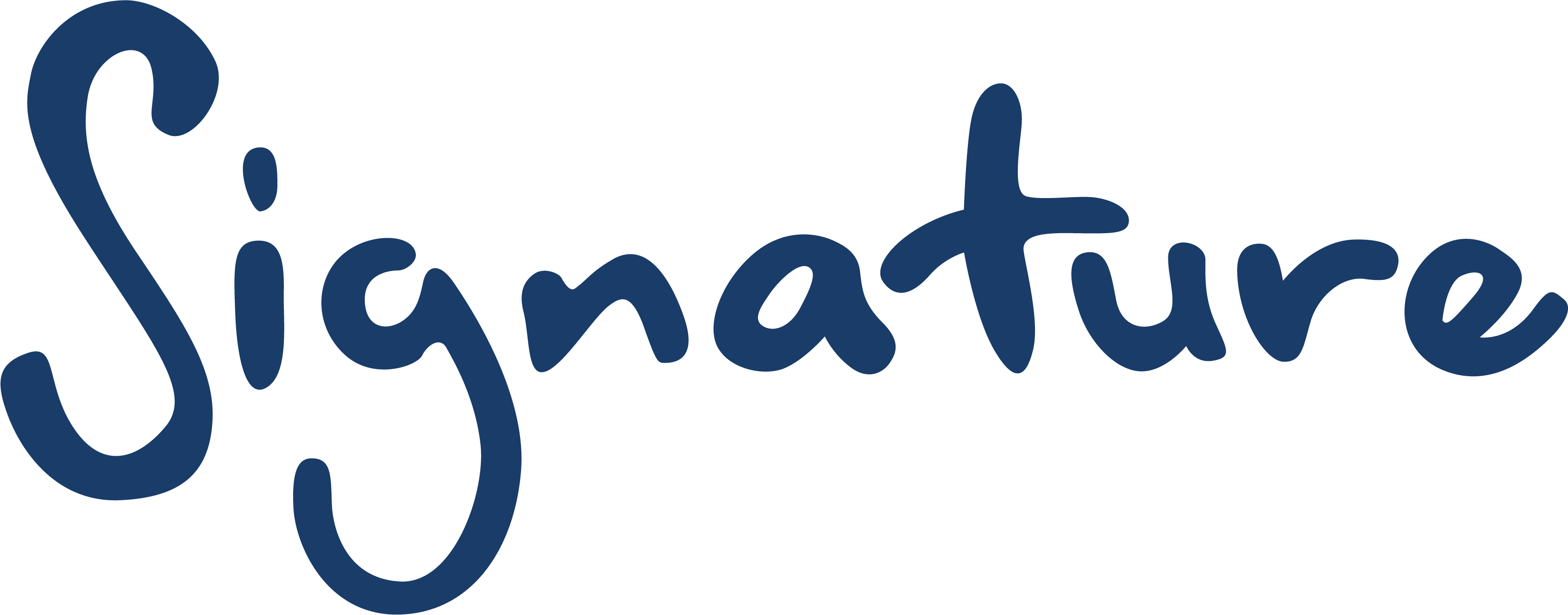
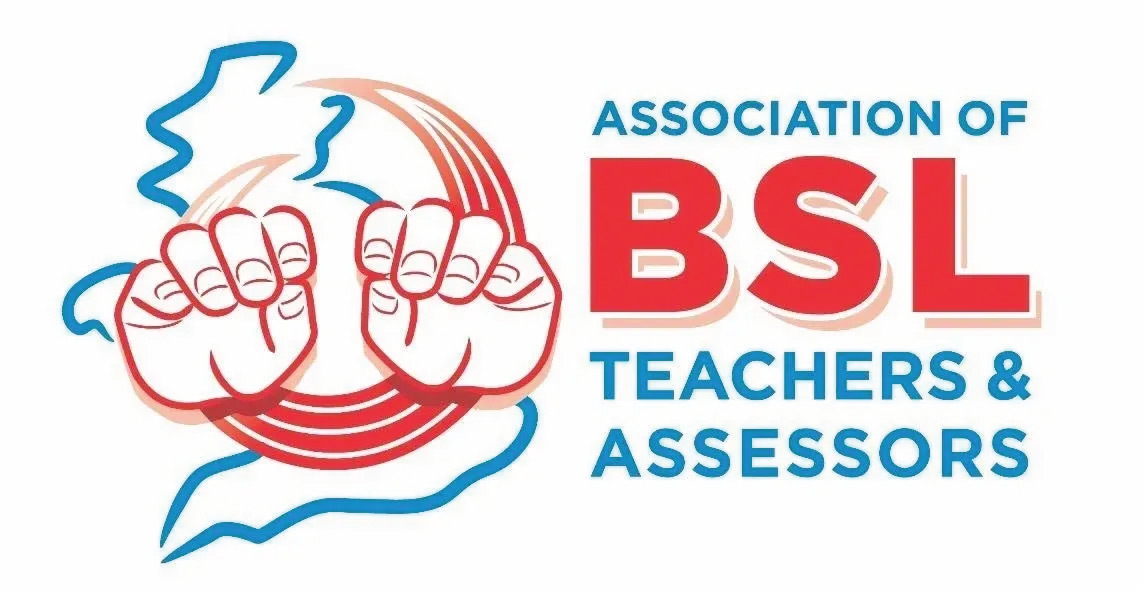

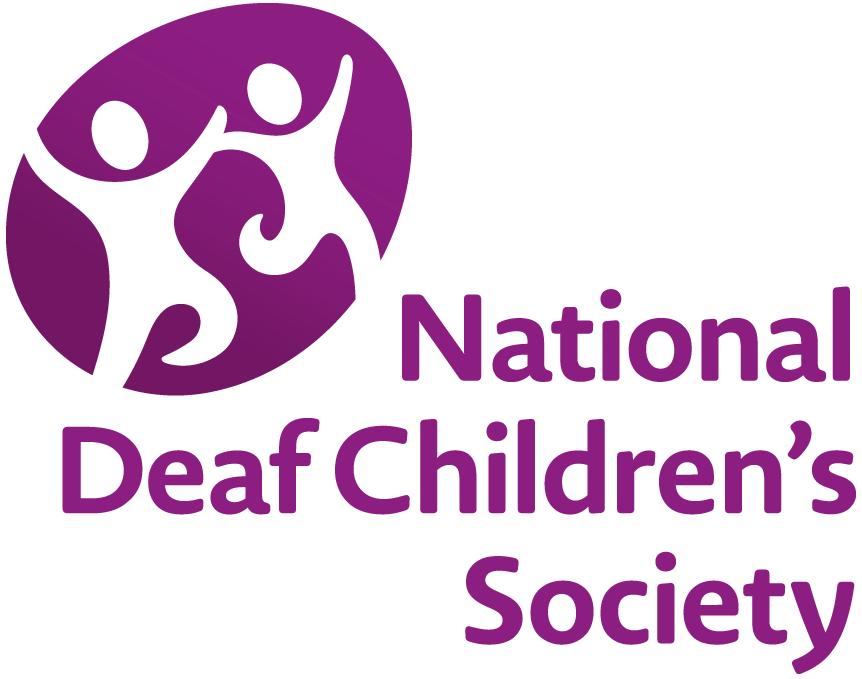
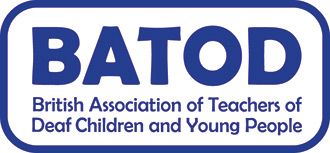
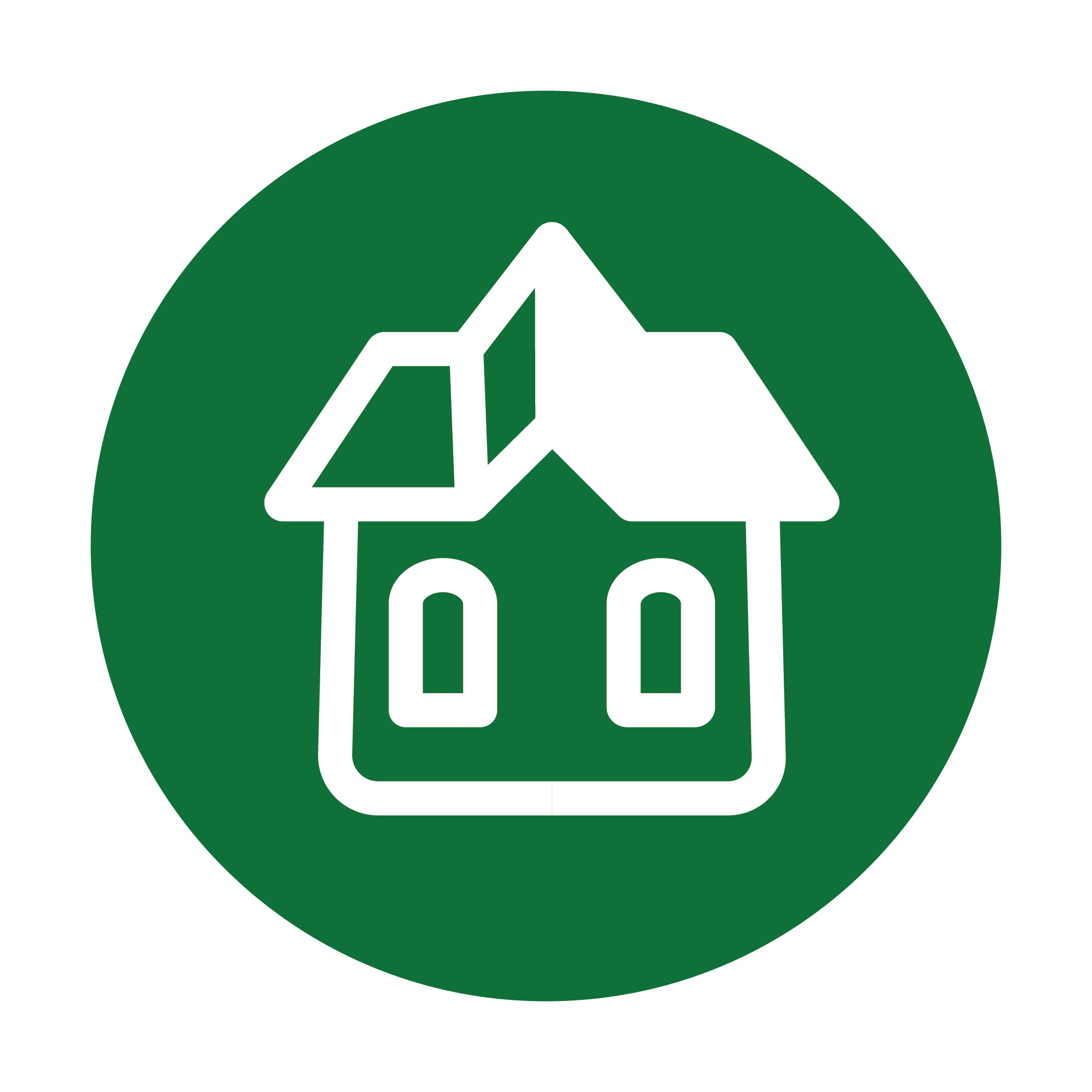 Primary Education
Primary Education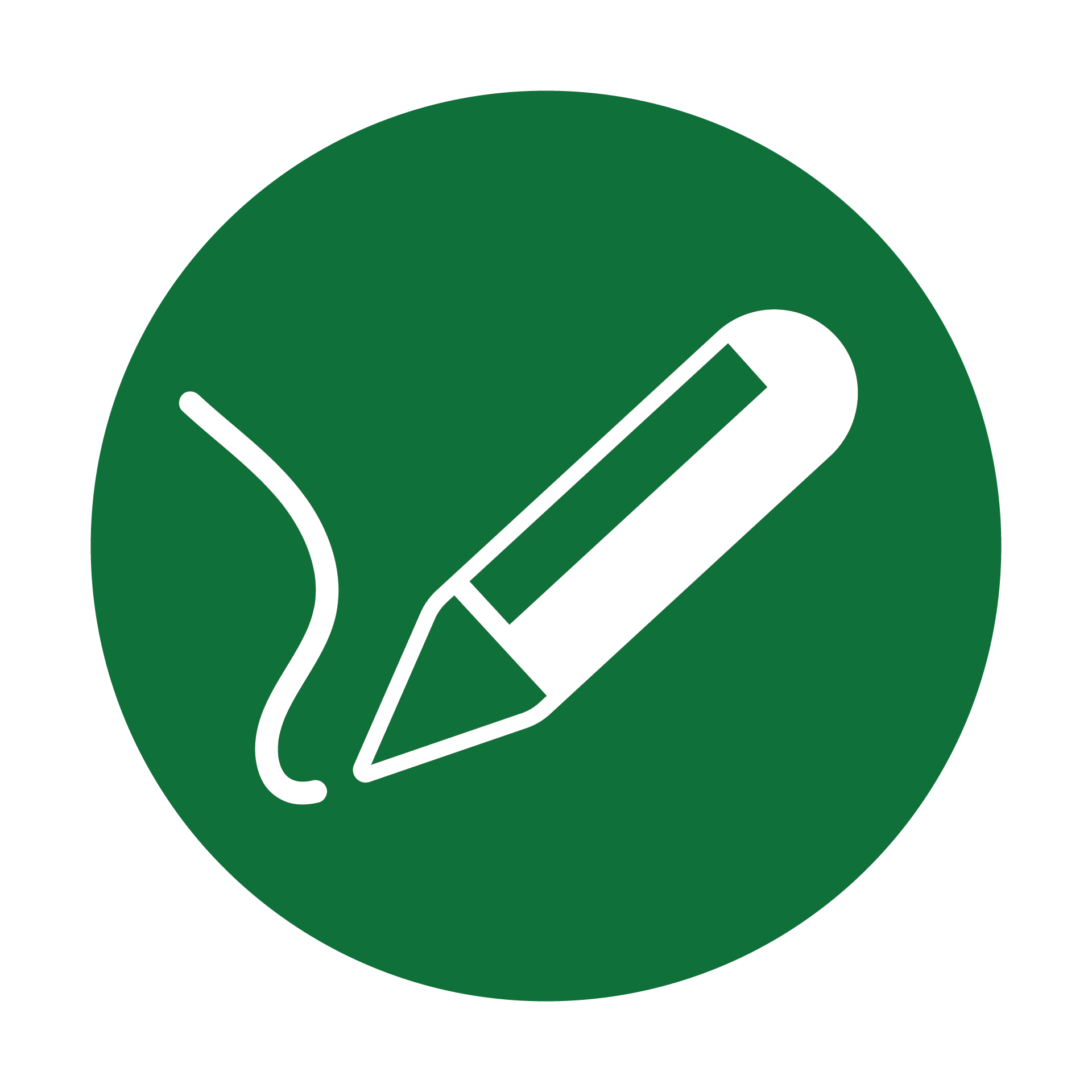 Secondary Education
Secondary Education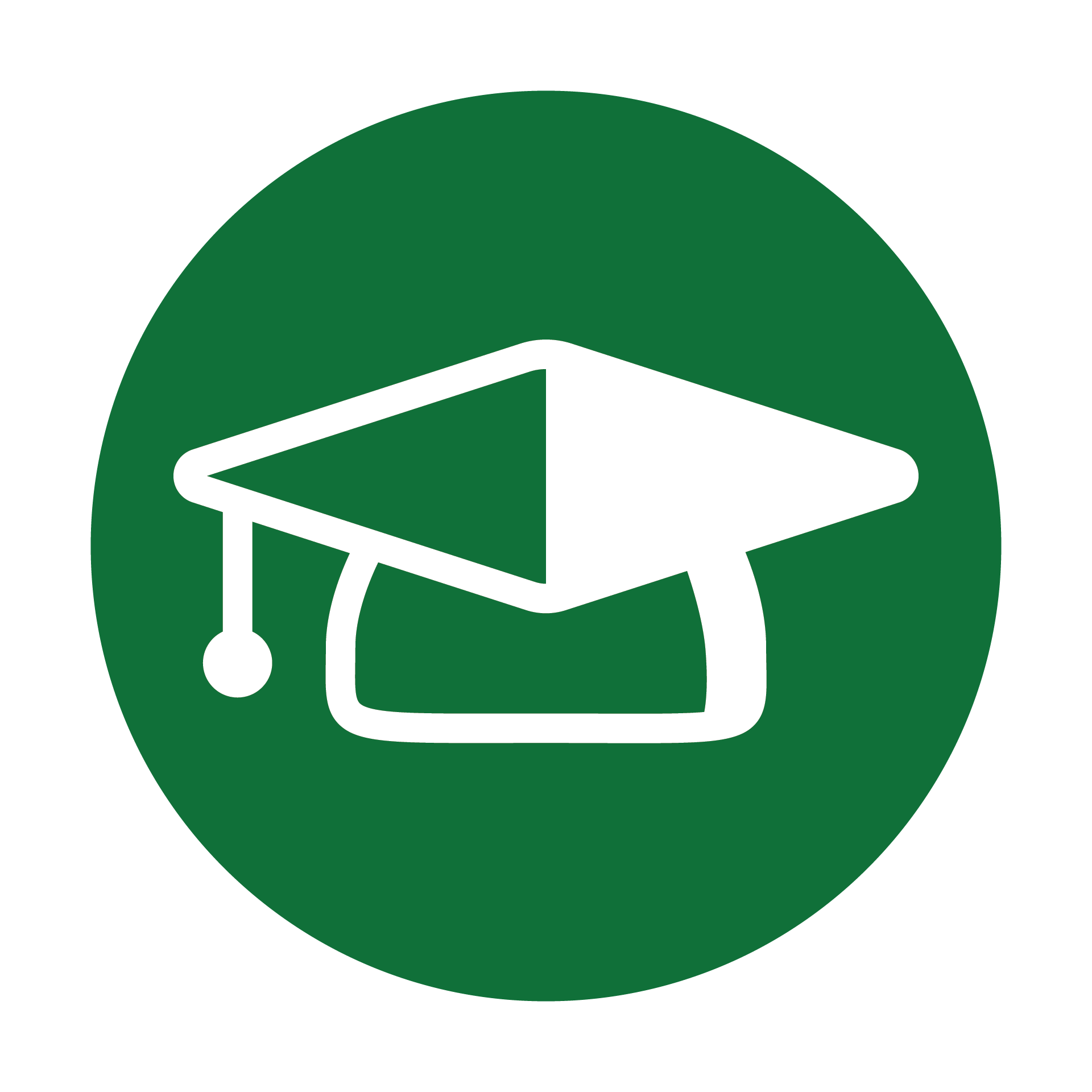 Higher Education
Higher Education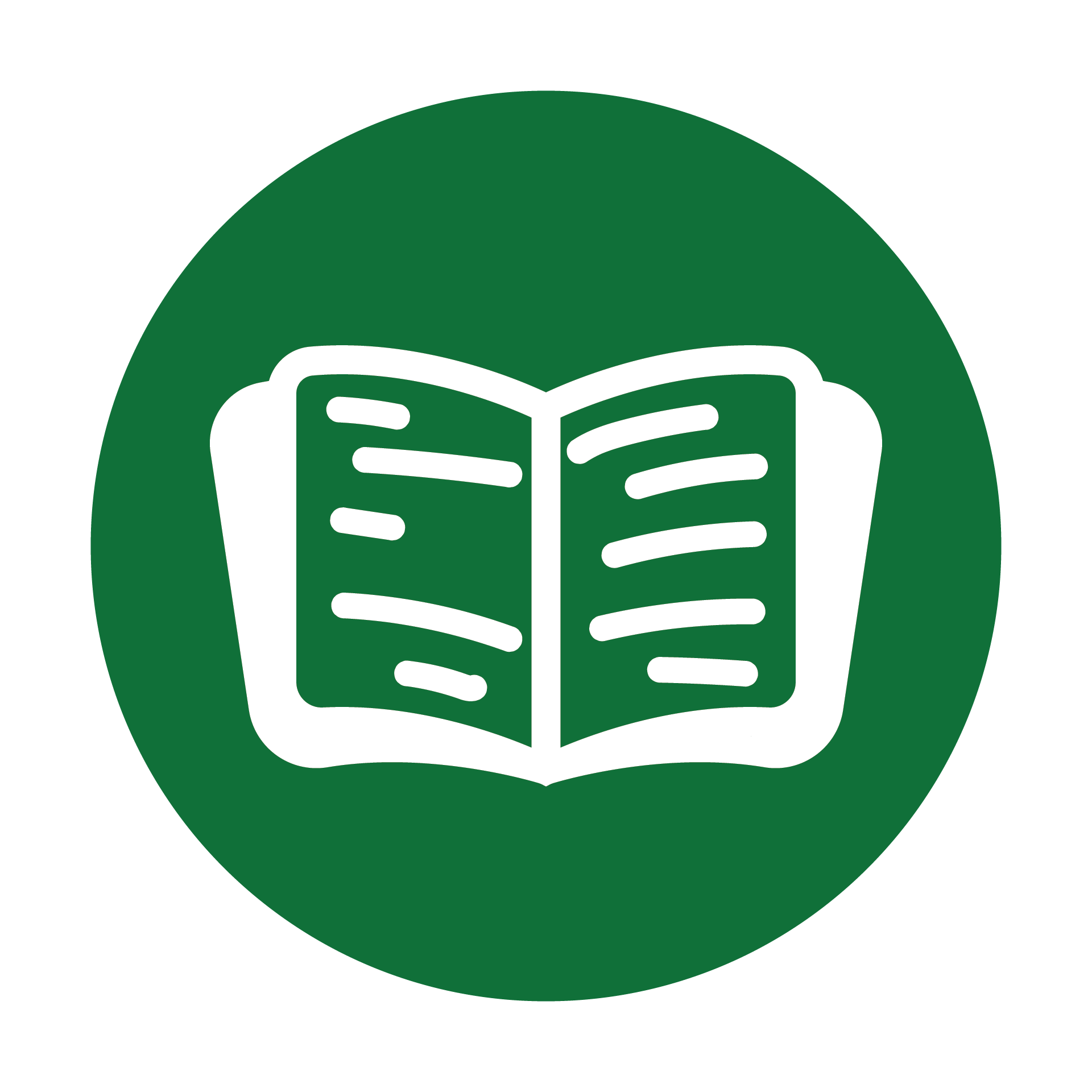 Further Education
Further Education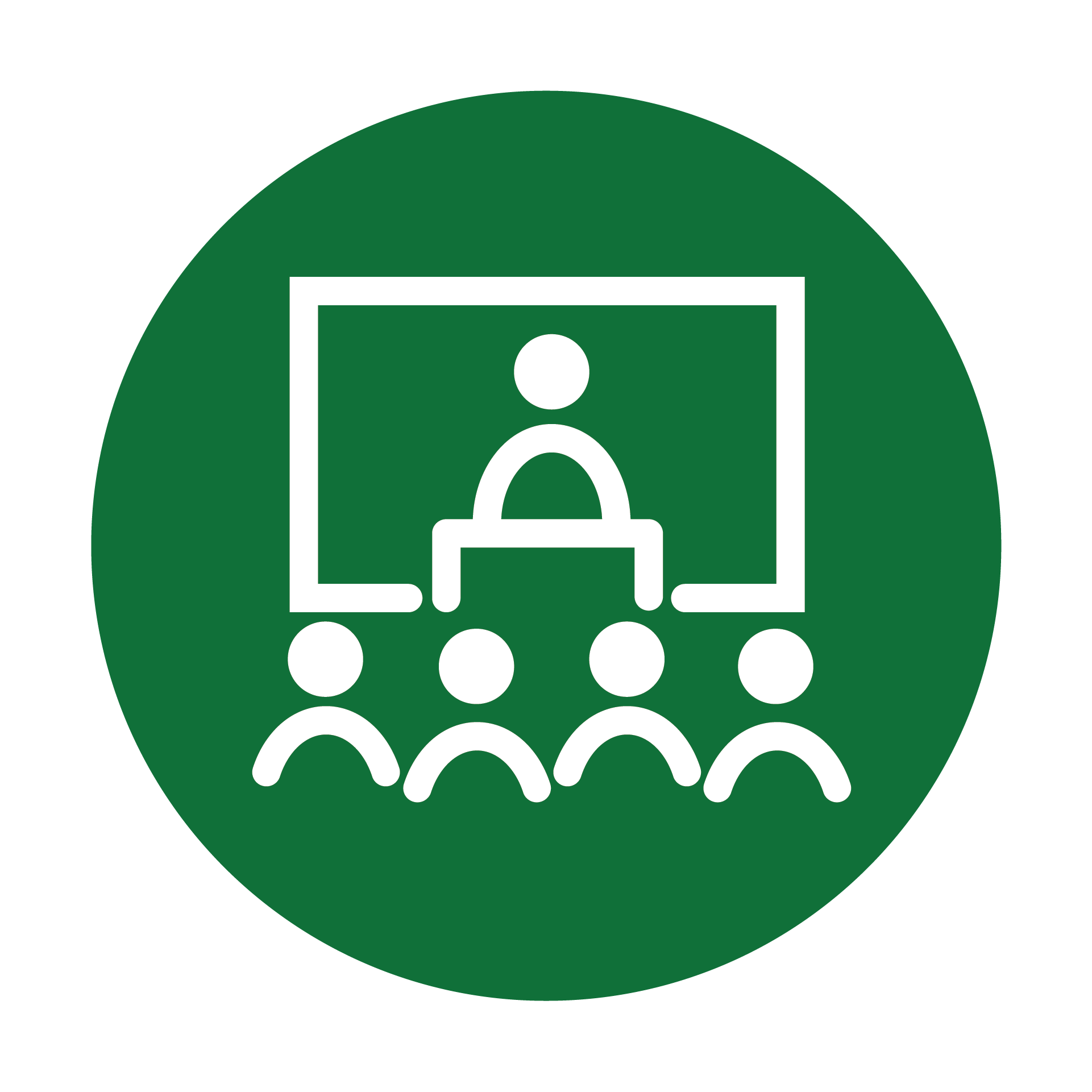 Professional
Professional